Artificial intelligence (AI) has been making waves in the art world recently. From AI-created music to AI-generated visual art, this technology is finally getting its due recognition. But what is AI generated art? How does it work and where did it come from? How does it affect artists? In this blog post, we'll dive into all things AI generated art, including a brief history of the genre, how it works and why it's important. We'll also explore some notable examples of AI-generated artwork so you can get an idea of what this form of art looks like. So let's get started!

How AI generated art is created
Art has been a source of humanity’s creativity and expression for centuries. With the invention of new technologies, artists have found new ways to create art.
In order to create AI generated art, algorithms are used to generate new images based on existing ones. These algorithms are trained on a dataset of images, which can be either like those in the training set or completely different. Once the algorithm has been trained, it can then be used to generate new images.
There are two main types of AI generated art: generative and evolutionary. Generative art is created by algorithms that generate new images from scratch, without any human input. Evolutionary art is created by algorithms that mutate and evolve existing images.
Which type of AI generated art is better is a matter of opinion. Some people prefer the more random and unpredictable nature of generative art, while others prefer the more ordered and structured approach of evolutionary art.
The impact of AI generated art on human artists
In recent years, AI has generated a lot of buzz in the art world. But what does AI art really mean for traditional artists? Some people see AI as a threat to traditional artists, as it can create realistic images without any human input. Others see it as an opportunity for collaboration, as AI can create new and unique images that can inspire traditional artists. either way, there's no doubt that AI is having a big impact on the world of art.
AI Generated art can have a number of effects on traditional artists. Some may feel that their work is being devalued, as AI Generated art is often seen as being 'cheaper' or more 'accessible' than traditional art. Others may feel that AI Generated art is a threat to their livelihood, as it could potentially lead to people preferring to purchase AI Generated art over traditional art. Some may see it as an opportunity to experiment and create new hybrid forms of art, while others may simply choose to ignore it altogether. Ultimately, it is up to each individual artist to decide how they feel about AI Generated art and how it affects their own work.
One thing is certain: AI generated art is already having a profound impact on the art world, as evidenced by the increasing number of exhibitions and events devoted to it.
When it comes to AI generated art, copyright is a bit of a tricky issue. On one hand, the artist who created the artwork using AI should be entitled to copyright protection. After all, they put in the time and effort to create the artwork, and without their input, the AI wouldn't have been able to create it. On the other hand, if the AI is the one who actually created the artwork, then it should be the one entitled to copyright protection. This is a question that has yet to be definitively answered by the courts, so for now, it's up in the air.
If you're an artist who creates artwork using AI, it's best to err on the side of caution and assume that your work will not be automatically protected by copyright. That means you'll need to take steps to register your work with the Copyright Office or another similar organization in order to ensure that you have a valid copyright claim. Otherwise, you could find yourself in a situation where someone else tries to claim ownership of your work - and they might even be successful if you don't have a strong copyright claim.

The future of AI generated art
There is no doubt that artificial intelligence (AI) is rapidly evolving and growing more sophisticated every day. As AI technology continues to advance, so too does its potential for generating art.
Today, AI generated art is still in its early stages, but the future looks promising. More and more artists are beginning to experiment with using AI algorithms to create unique pieces of art. And as AI technology gets better at understanding and replicating human creative processes, we can only imagine the possibilities that will be made available.
So what does the future hold for AI generated art? Only time will tell, but one thing is for sure – the possibilities are endless!
Conclusion
AI generated art is an exciting and rapidly evolving field that has the potential to revolutionize the way we create and experience art. With advances in AI technology, it's clear to see how much humans can benefit from working with artificially intelligent machines. Whether you're a budding artist looking for new ways of expressing yourself or simply someone interested in discovering what AI-generated art has to offer, there are plenty of opportunities for exploration. The possibilities are endless and only continue to grow as our understanding of artificial intelligence deepens!










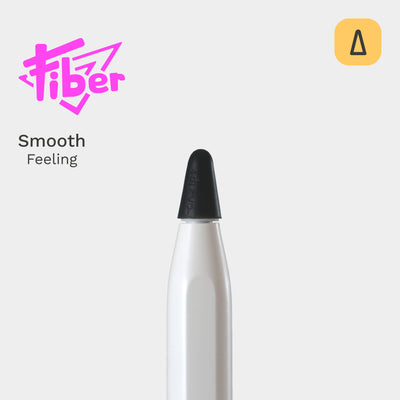
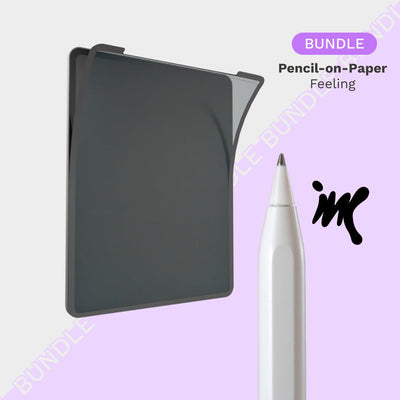
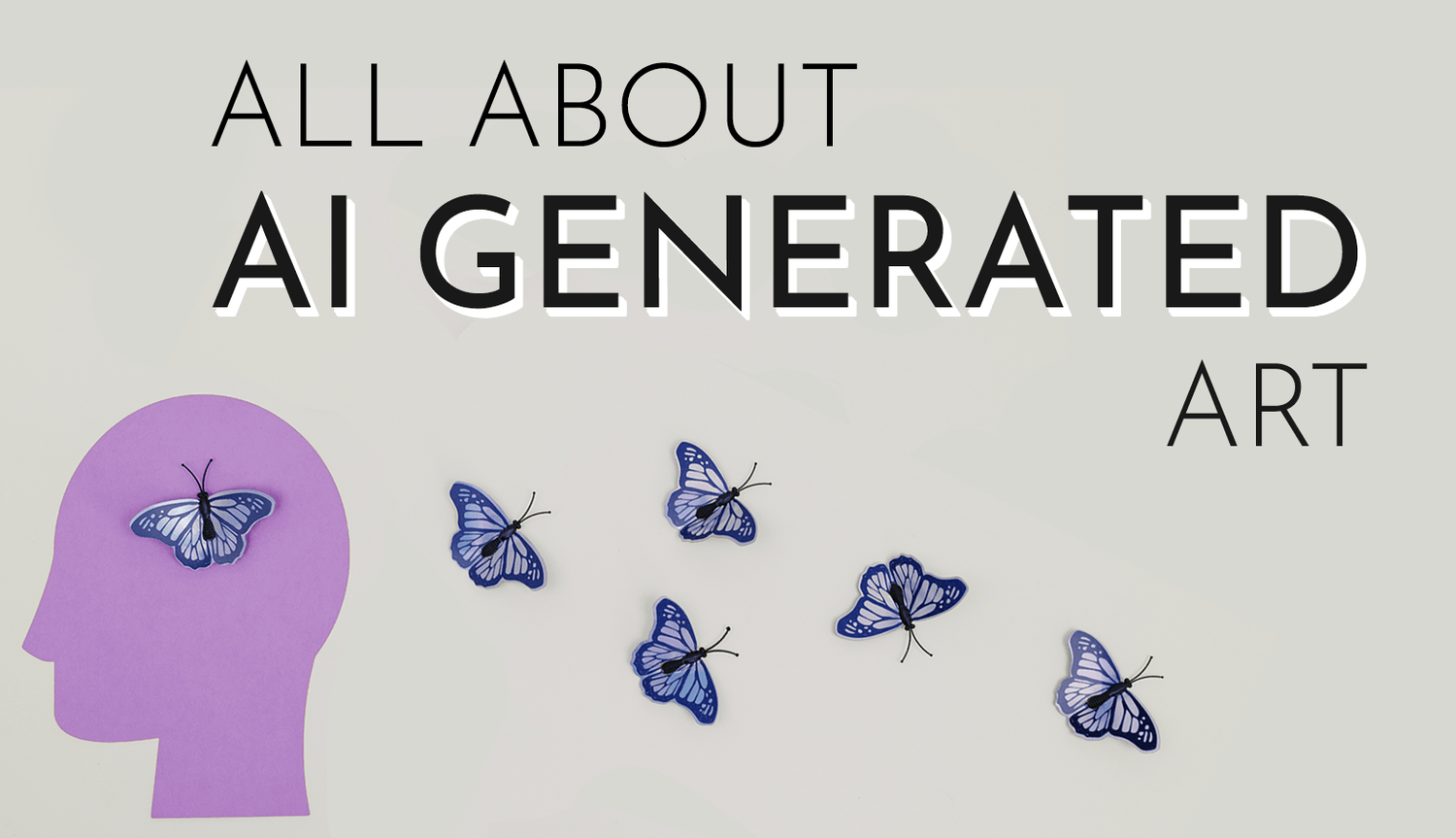
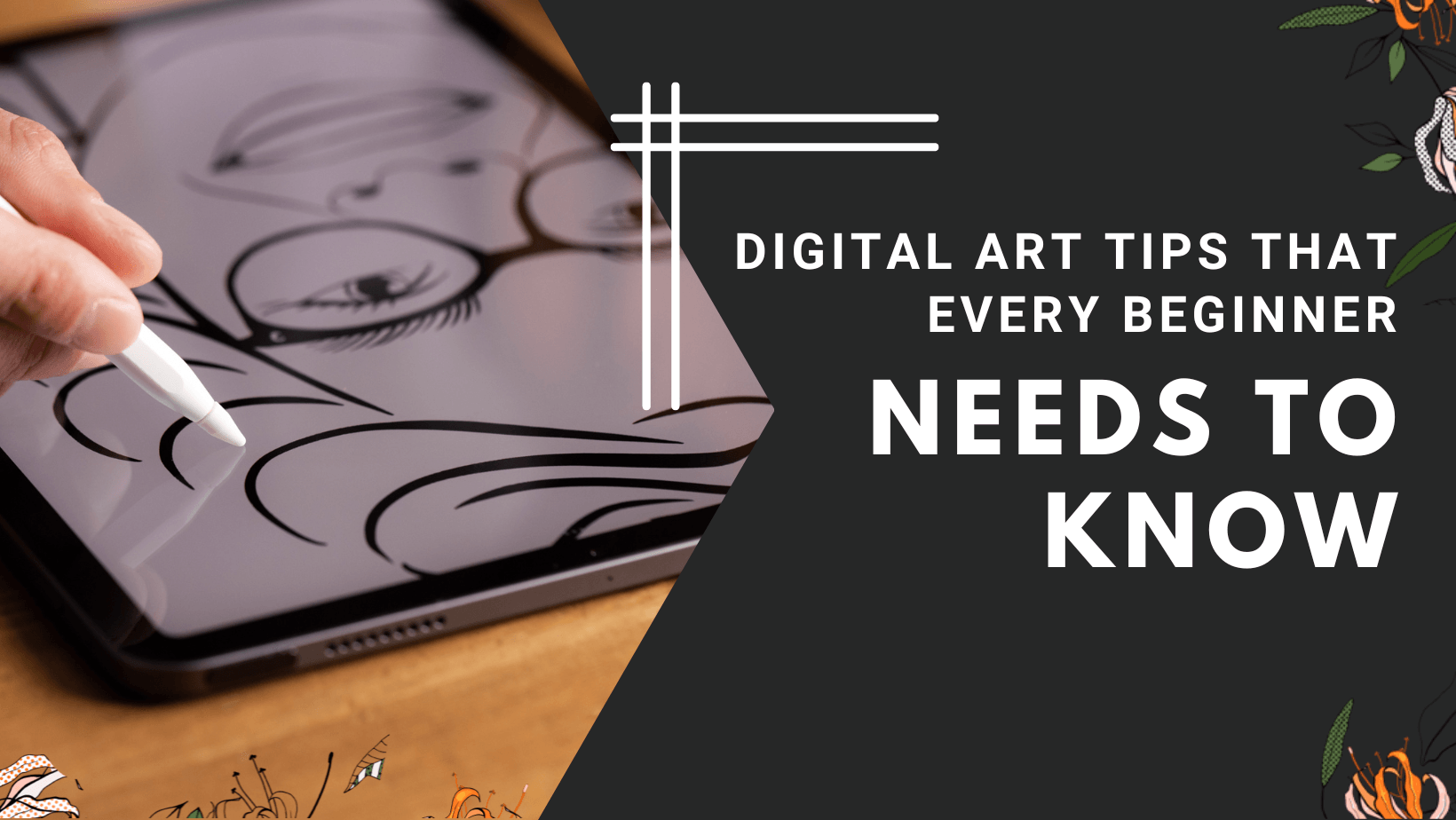
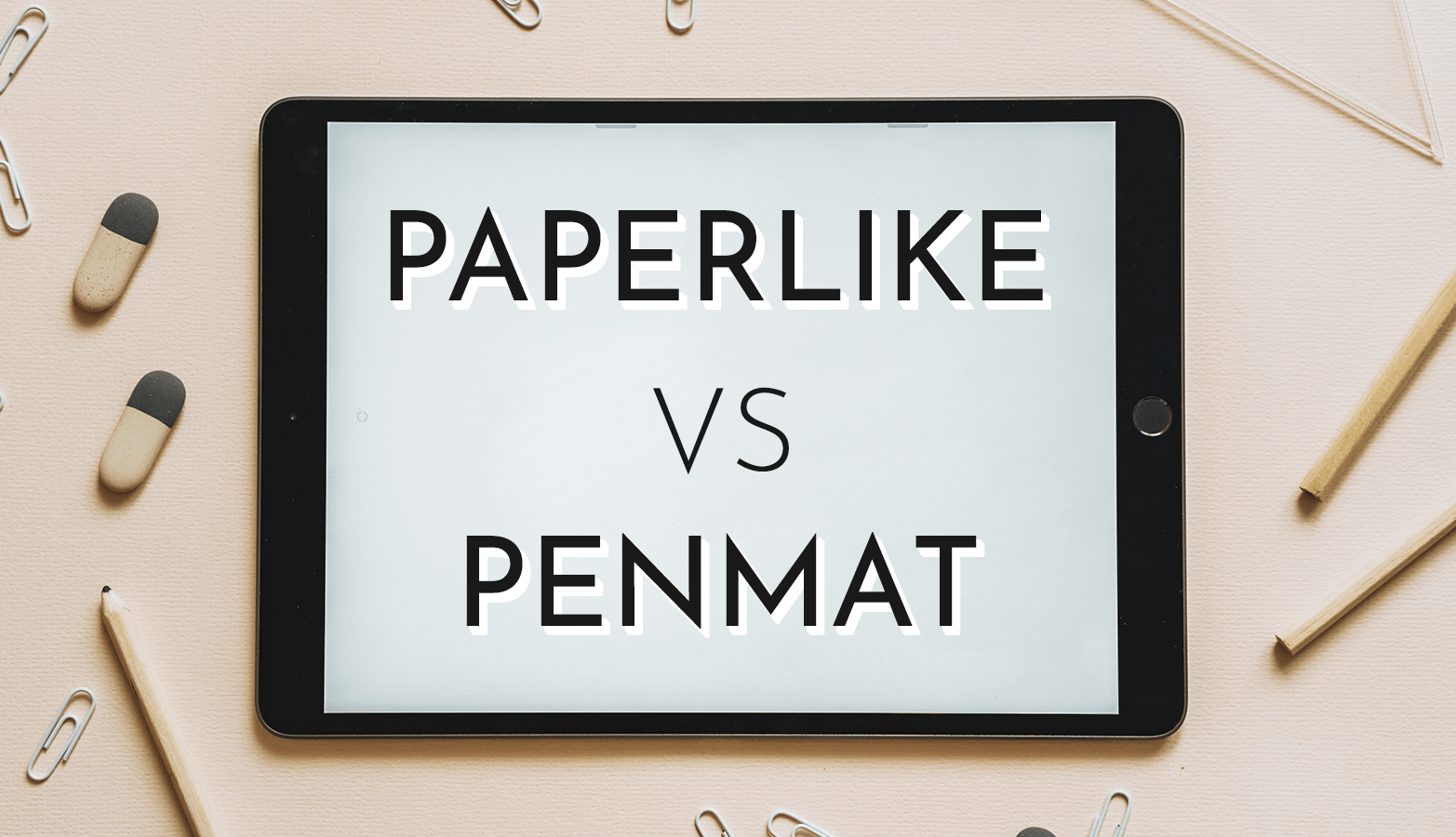
2 comments
D Change
I appreciate, result in I discovered exactly what I used to be having
a look for. You’ve ended my four day long
hunt! God Bless you man. Have a great day. Bye
d-change.net
Hmm it seems like your blog ate my first comment (it was super long) so
I guess I’ll just sum it up what I had written and say, I’m thoroughly enjoying your blog.
I too am an aspiring blog writer but I’m still new to everything.
Do you have any recommendations for rookie blog writers? I’d certainly appreciate it.
Leave a comment
All comments are moderated before being published.
This site is protected by hCaptcha and the hCaptcha Privacy Policy and Terms of Service apply.